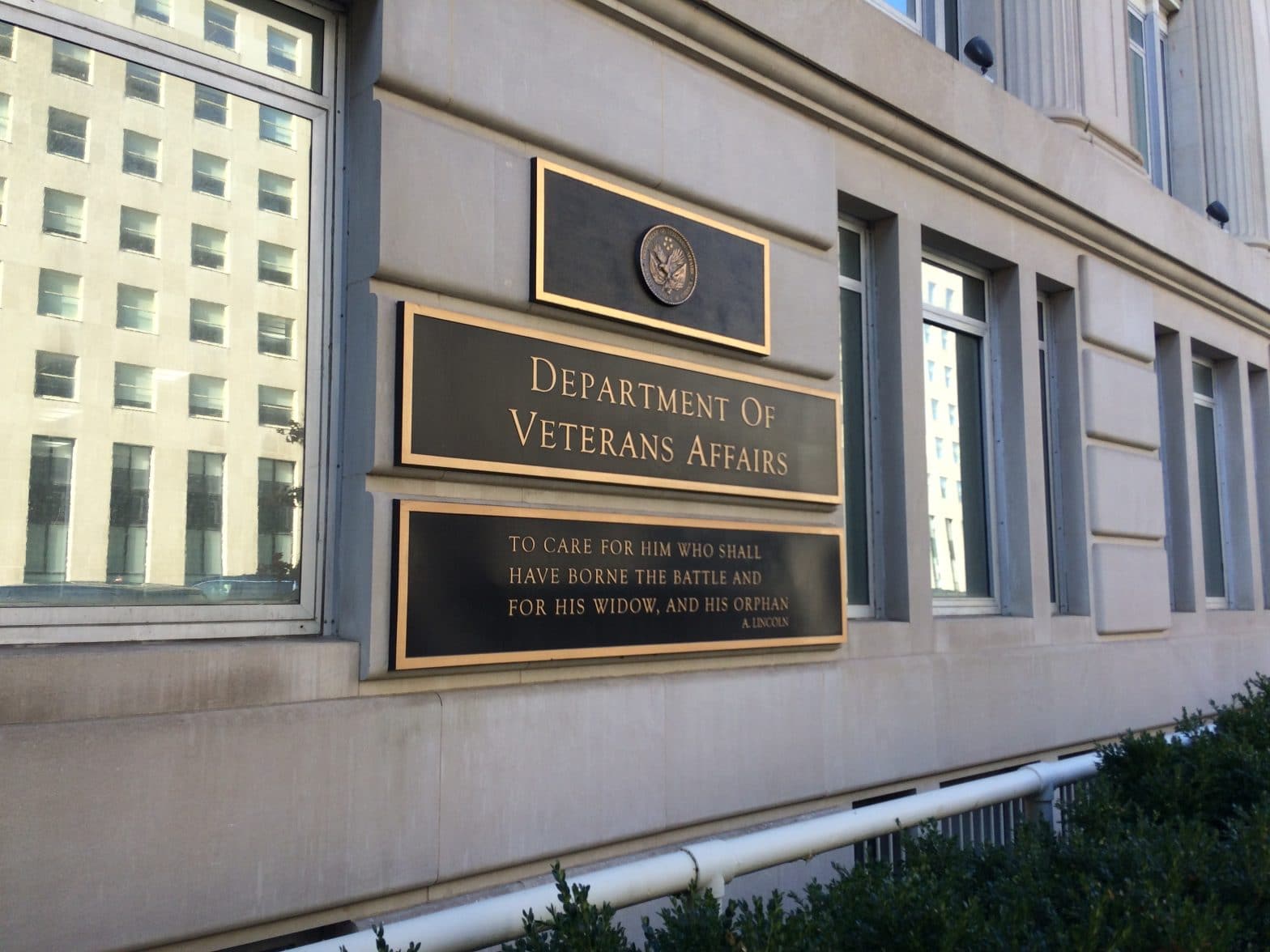An Efficient, Holistic Approach to Combating Smoking and COPD Is Long Overdue at the VA
COMMENTARY

According to Iraq and Afghanistan Veterans of America, 81% of post-9/11 veterans reported being exposed to burn pits while in service. Over the past decade, veteran service organizations have worked to expand health care benefits for veterans suffering from the long-term effects of exposure to hazardous toxins while serving our country.
Our efforts led to the bipartisan Honoring Our Promise to Address Comprehensive Toxics Act, which was signed into law by President Biden on August 10, 2022.
The PACT Act codifies 23 presumptive diseases that are assumed to be a result of burn pit exposure and acknowledges all active-duty military were exposed to these toxins as a condition of service. Among the presumptive diseases is chronic obstructive pulmonary disease, which is also a disease that smokers develop after smoking cigarettes for many years.
Smoking cigarettes has disproportionately affected the military and veteran communities, with 34% of veterans smoking today. This is 300% more than the civilian smoking rate, which undoubtedly already will lead to increased VA resources being invested in treating COPD in veterans. With the predicted influx of patients with burn pit–induced COPD, the VA’s resources may be spread too thin for the effective treatment of all veterans seeking care for COPD.
Like it or not, because of the number of COPD-impacted veterans, the VA is now going to assume the position of the leader in treating the irreversible effects of COPD.
One solution to the problem of smoking-induced COPD is to help smokers who cannot or do not want to quit to shift to less harmful alternatives to cigarettes. The journey to quitting tobacco use is undoubtedly a long one. So far, the VA has proven to be ineffective in a cessation-only focused goal. Only 7% of IAVA survey respondents have participated in the VA’s cessation program. For those that did participate, 60% were unsuccessful.
The PACT Act passed almost unanimously in the House and Senate. If veterans are truly a priority, then all members of Congress, Secretary Denis McDonough, VA leadership, and the Food and Drug Administration need to collaborate to make more cigarette alternatives available to Americans, not fewer. Veteran lives depend on it. If existing e-cigarette and heated tobacco products currently under review by the FDA can lower risks to veterans, these agencies must expedite their review and availability in the U.S. and get all available options into the hands of Americans sooner rather than later.
We can’t have a COPD-related backlog as a result of current ineffective smoking cessation programs. If the VA proactively helps veterans switch to alternatives to help them quit cigarettes today, the number of future COPD cases will decline. In turn, more veterans with COPD due to service-related burn pit exposure will receive needed and timely treatments from the VA.
The VA has a moral and now fiscal obligation to provide alternatives for veterans who otherwise continue to smoke traditional cigarettes. It is the VA’s responsibility to take a stance and ensure that the FDA recognizes and makes available potential harm-reduction alternatives to Americans. A delay in VA response will harm veterans who smoke as well as the increasing number of veterans who are suffering from diseases such as COPD as a result of their military toxic exposures.
The VA has been a longtime advocate for the PACT Act. We must now ensure that its health system takes an efficient and holistic approach to care so that the PACT Act’s promise to veterans is met and lifesaving services are delivered to the generations of veterans affected by burn pit exposure.
Sean Ullman is the former chief operations officer and chief revenue officer of the Iraq and Afghanistan Veterans of America. As CRO, Sean was responsible for overseeing IAVA’s entire business — from revenue to finance. Sean also led IAVA’s investor portfolio, marketing and event execution, and the data management team in his role as COO. You can follow IAVA on Twitter @IAVA. Prior to IAVA, he worked for the Lymphoma Research Foundation, the American Red Cross and New York University, among others.























